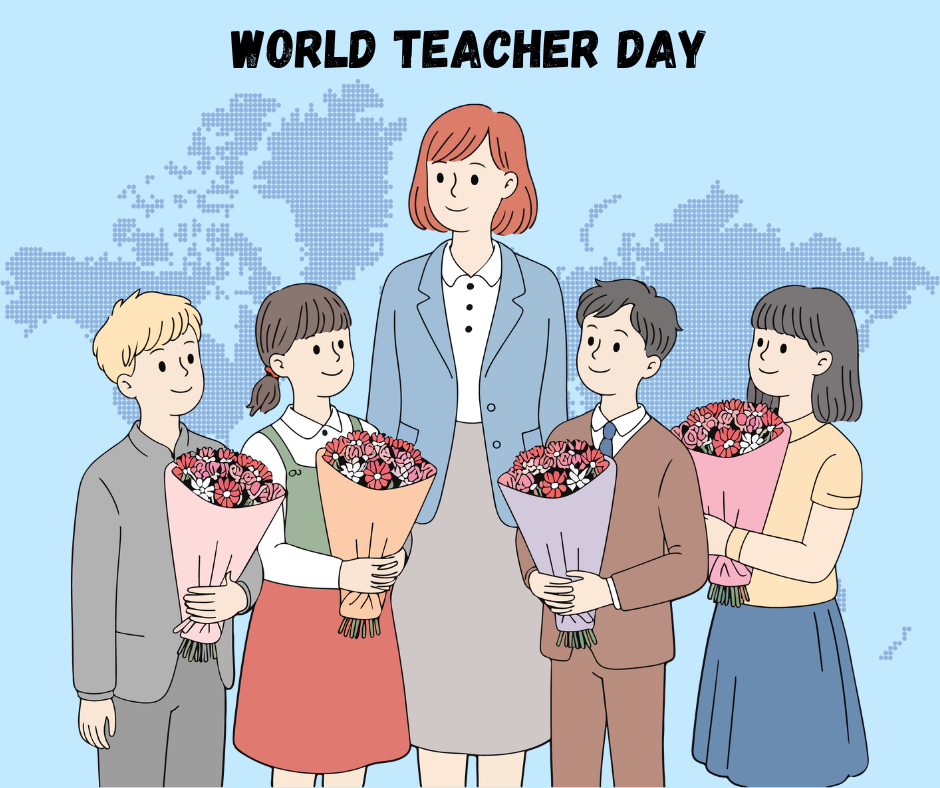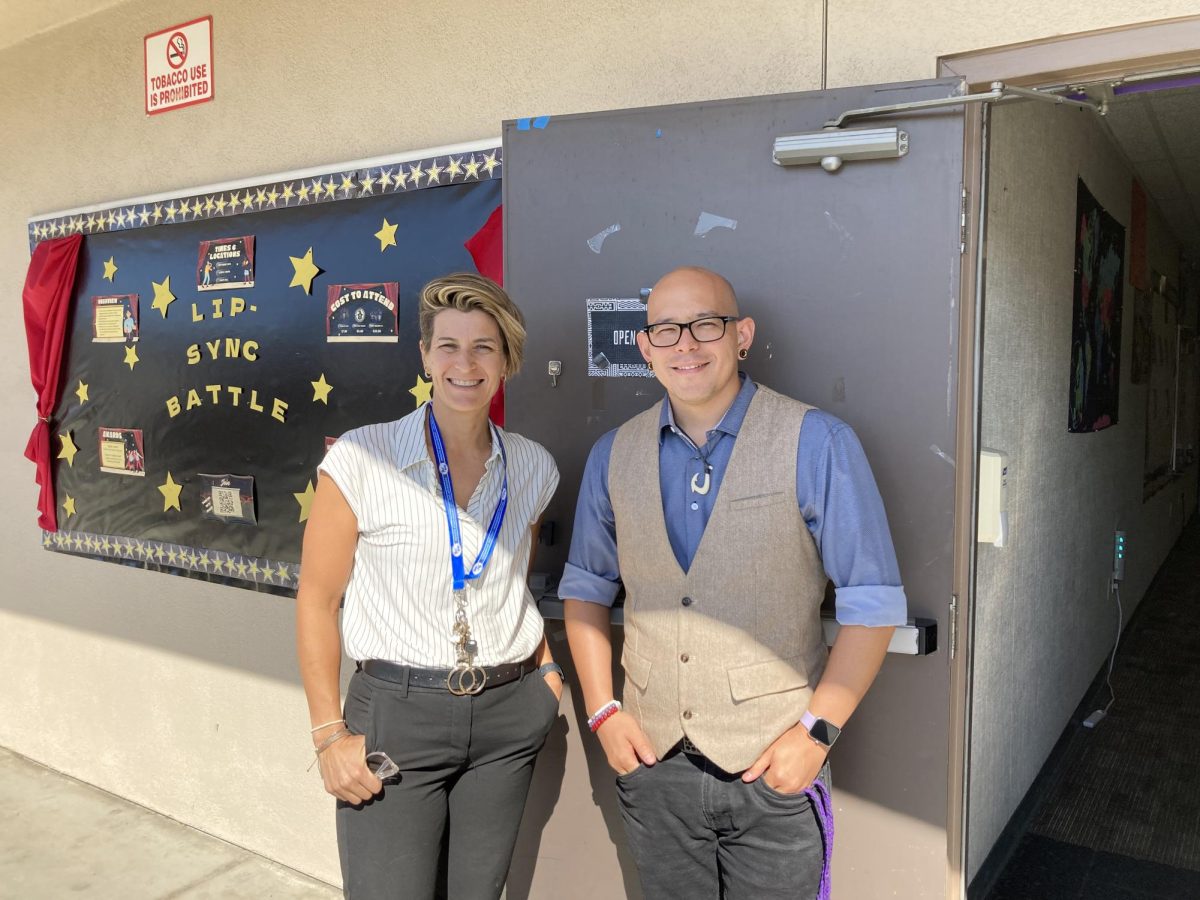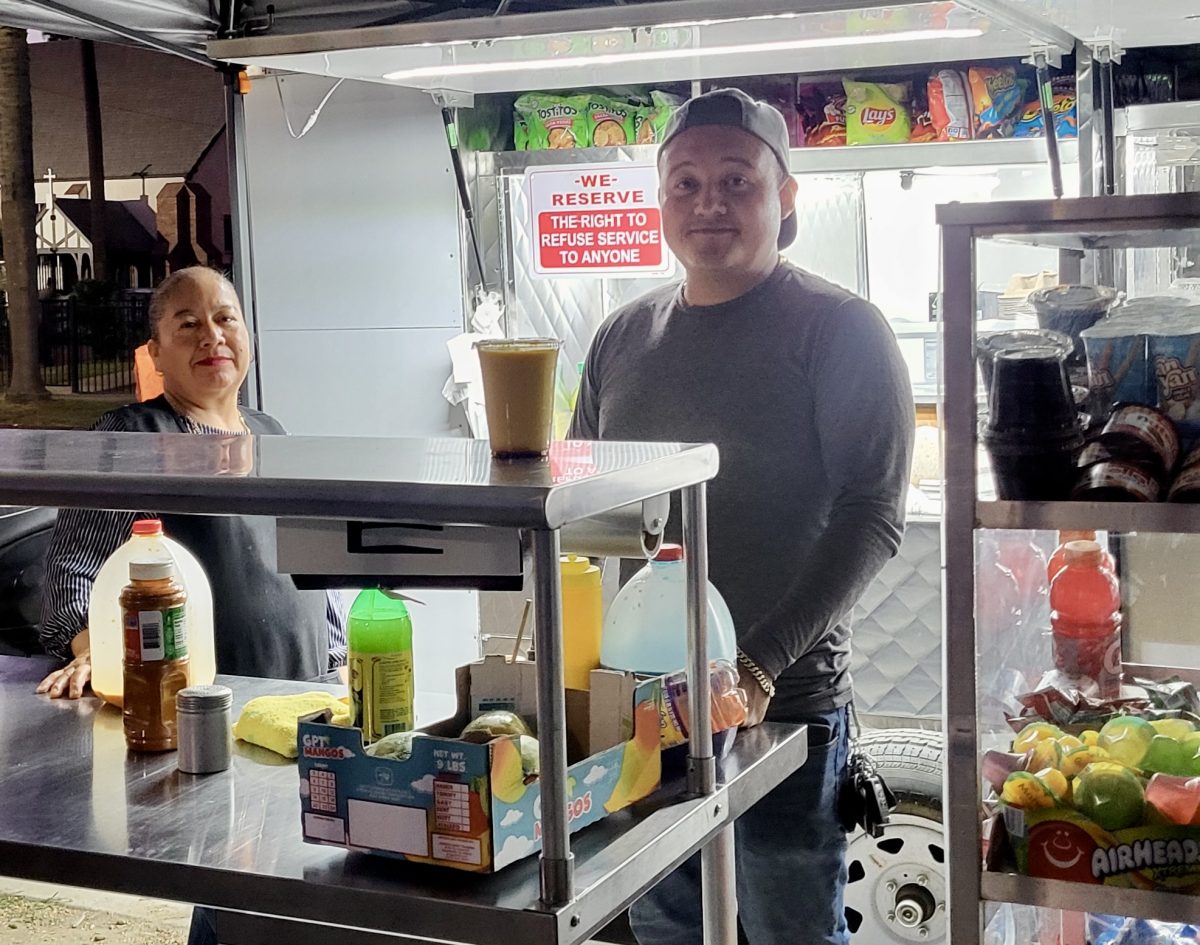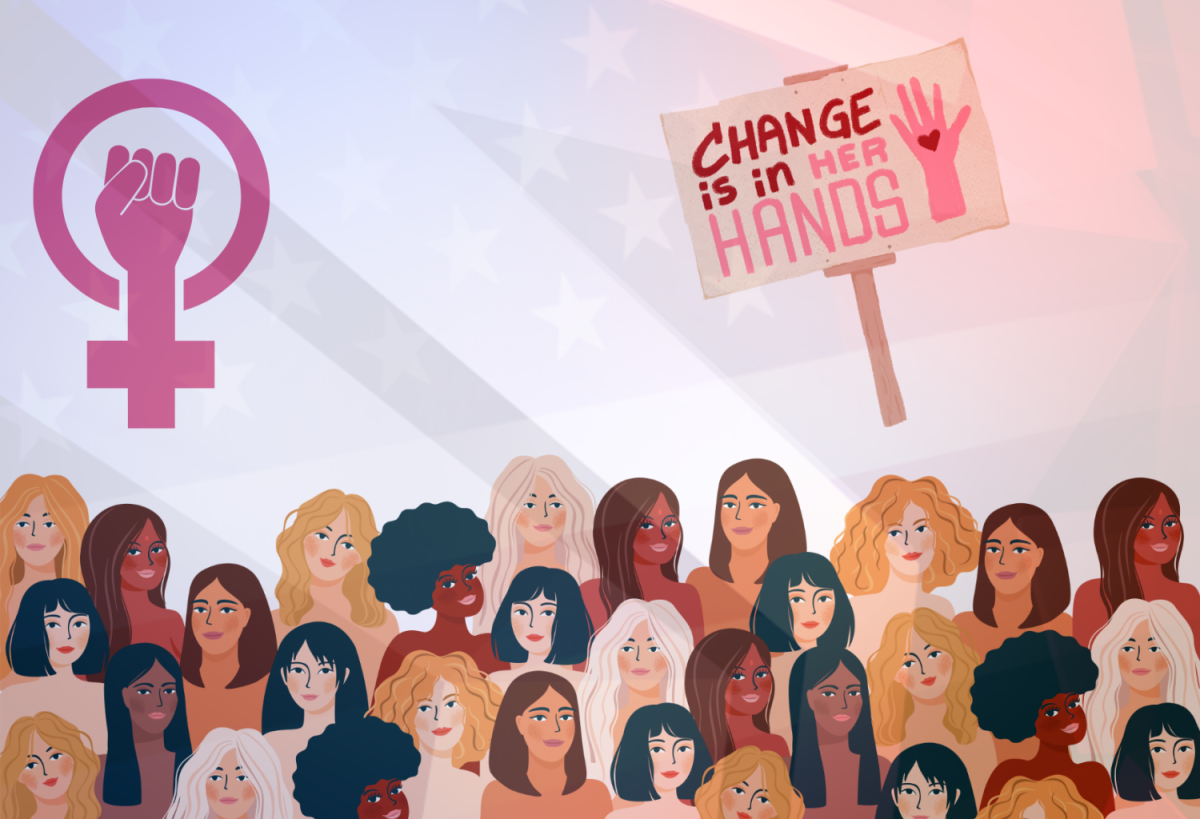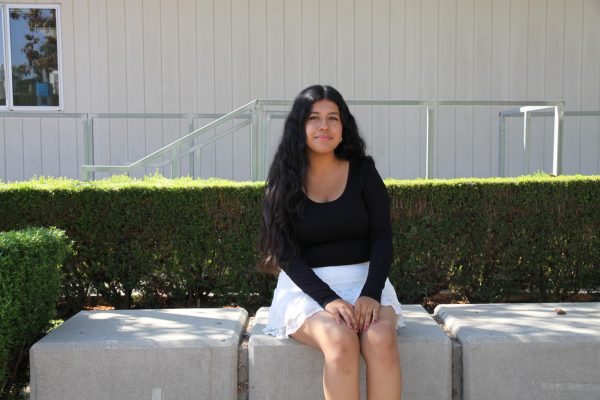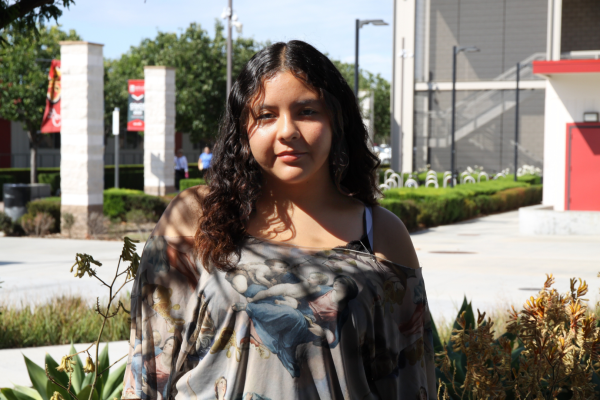November 6 was a day of division between two sides in the United States of America. As Americans settled in to watch the live election updates, many at home were left disappointed with the results, results that could determine their future lives. This event has sparked decisions that carry wide-spread fear on the fate of fundamental rights as a former president had been re-elected for the 2025-2029 term.
Abortion is a medical procedure used to terminate a pregnancy. It can be carried out through medication or surgery, depending on how far along the pregnancy is. For decades, abortion has been a contentious issue in both moral and political circles, with debates surrounding its morality, accessibility, and regulation. Recently, political shifts, especially following the elections, have significantly impacted abortion laws in many regions, particularly in the United States.
In 1973, the U.S. Supreme Court’s decision in Roe v. Wade made abortion a constitutional right, but in 2022, the Supreme Court overturned that decision with the Dobbs v. Jackson Women’s Health Organization ruling. This change removed federal protection for abortion rights and gave each state the power to decide its own abortion laws. Now, some states, like California and New York, protect abortion rights, while others, like Texas and Kentucky, have made it harder to access abortion.
Senior Melissa Cortes, a Peer Ambassador for Planned Parenthood in California, talks about the impact of this shift.
“I’m glad to live in California, a state that is working to protect abortion rights, But I know that many states have banned abortion, or limited it to certain weeks in a pregnancy,” Cortes said.
States are now in charge of these laws, which makes a big difference depending on where you live. As the political situation changes, many people are worried about what could happen next.
“We are about to head into another Trump presidency, which is enough to cause panic, some of the biggest concerns are the criminalization of abortion, limited access and state-level restrictions,” Cortes said.
She encourages people to get involved and advocate for reproductive rights by supporting organizations like Planned Parenthood which help fund the procedure of abortions by being confidential, flying in patients and fighting legal battles to continue as a non-profit organization.
Senior Angela Ostio, another peer advocate and Ambassador for Planned Parenthood in California adds the differences between abortion rights as a country vs. state issue.
“As of now, 13 states have banned abortion,” Ostio said. “Some states have laws to protect abortion, but many others don’t. This leaves people without access to safe and legal abortion care. Not having the right to stand up for your health, like getting birth control or an abortion, is a real issue. Having abortion banned or made harder to get is a big problem,” Ostio said.
With abortion rights in danger, Cortes encourages people to get educated and take action.
“Educate yourself about reproductive rights and support the women around you, And remember, voting is powerful. We need to vote for the future of abortion rights.” Cortes said.
Similarly, Ostio has some words of advice to give to students herself.
“To my fellow students, we are close to adulthood, and that means we get to vote. Register to vote, and be part of the change you want to see,” Ostio said.
As worry settles among U.S. citizens, many are fighting out in terms of opposition to the possible rights that may get taken from them with the 4B movement. Originating in South Korea, this feminist movement proposes not dating, getting married to, having sex or children with men. This movement’s uprising started with a 2016 case of a woman murder. After the murder of a woman, the man justified himself by explaining that he only did it due to the woman’s neglect, which in terms made the court find him not guilty of a hate crime. Leading to rage in 2019 with a Twitter thread, this movement has begun trending most recently on apps like TikTok and Instagram.
Planned Parenthood administrative medical assistant, Alejandra Marin, shares her stance behind her reasoning as to why this movement had been getting as much coverage in the last couple of weeks.
“I saw it’s happening like in South Korea, overseas, like it’s a movement that originated there. I think it’s gaining traction just because it’s a response to the election. You know, we saw how abortion rights have been attacked the last several years,” Marin said.
The breaking news for the president-elect’s decision that’s been declared in the past month has placed everyone, especially women, on high alert to future plans on their bodies rights. This fear has grown to take over the lives women in the U.S. might have to live. Now on high alert for repercussions that may occur against the 5th amendment, women all over the word are responding back by joining this exercise and staying away from relationships.
Marin discusses how the movement is a way of responding to the fear circulating the post-election results.
“When people are told that their body autonomy is going to be taken away and their choices are going to be taken away, and you see people attacking your right to abortion, your right to choose, and basically, kind of demeaning you as a woman, it’s like people kind of cling to anything where they can exercise control and power, which would be the 4B movement, right?” Marin said.
Overall, while it’s true that recent political changes in the U.S. have raised serious concerns about abortion rights, which has led to fear, especially with the possibility of a president who supports stricter policies, movements like 4B show how people, particularly women, are reacting to these threats to their rights. It’s important for everyone to stay informed as knowledge is power, speak up for reproductive rights, and vote to protect these freedoms in the future.

